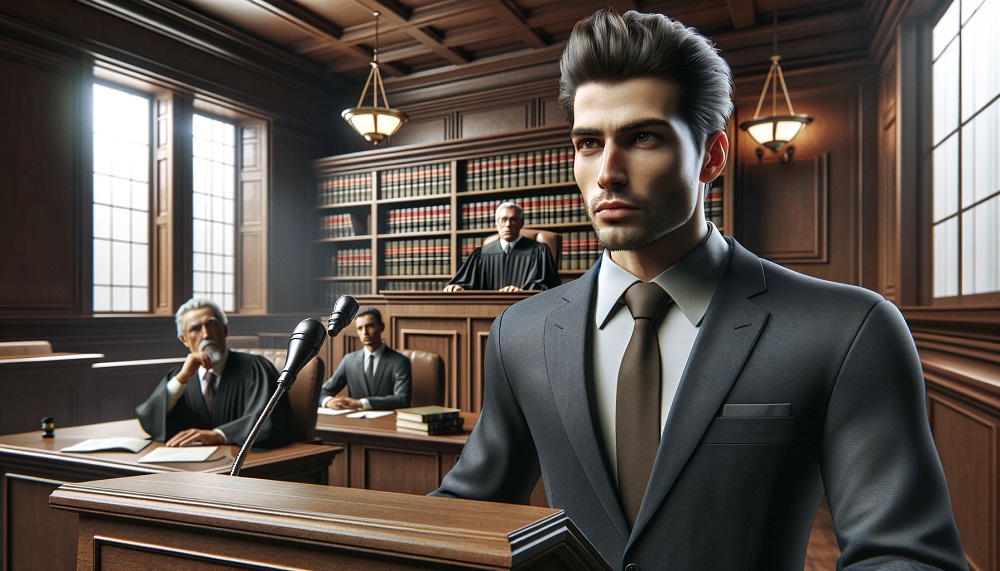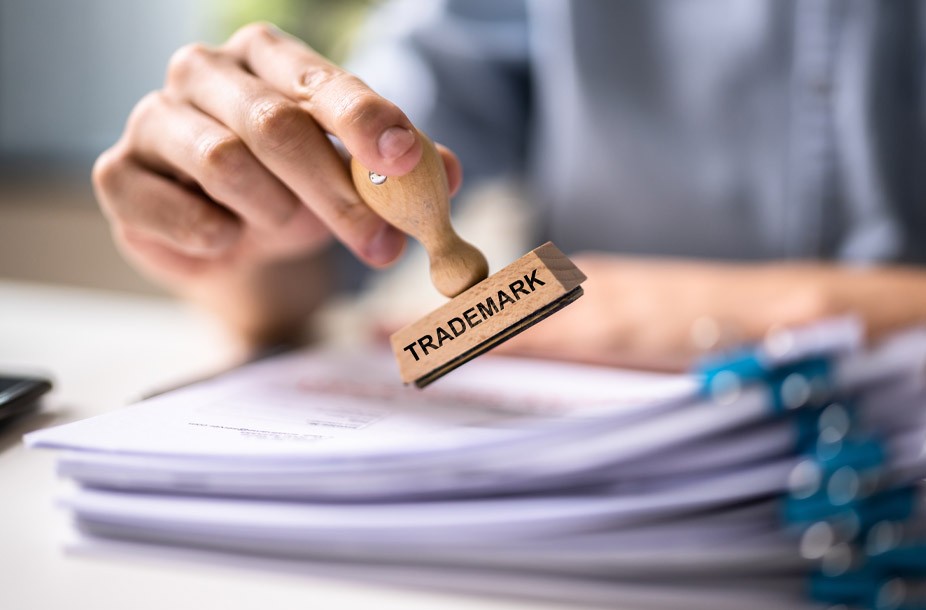When a minor faces criminal charges in Georgia, the legal process differs significantly from adult criminal proceedings. The juvenile justice system operates under distinct rules and procedures designed to balance accountability with rehabilitation. A juvenile defense attorney in Georgia plays a crucial role in navigating this specialized legal framework while protecting the rights and future of young defendants.
How Georgia’s Juvenile Justice System Works
Georgia’s juvenile justice system handles cases involving individuals under 17 years of age who are accused of committing crimes. Unlike adult court, the primary focus extends beyond punishment to include rehabilitation and addressing the underlying factors that may have contributed to the alleged offense.
The system recognizes that young people’s brains are still developing, particularly areas responsible for decision-making and impulse control. This understanding shapes how cases are processed and resolved. Instead of trials, juvenile proceedings are called hearings, and rather than being found guilty or innocent, minors are adjudicated delinquent or not delinquent.
Key Differences from Adult Court
Several fundamental differences distinguish juvenile proceedings from adult criminal court. First, juvenile hearings are typically closed to the public, protecting the minor’s privacy and future opportunities. Second, the focus remains on rehabilitation rather than punishment, with dispositions aimed at addressing behavioral issues and preventing future offenses.
Additionally, juvenile records are generally sealed or expunged more easily than adult criminal records, recognizing that youthful mistakes shouldn’t permanently impact a person’s life prospects. However, serious offenses may result in cases being transferred to adult court, where these protections no longer apply.
When You Need a Juvenile Defense Attorney
Parents should consider hiring a juvenile defense attorney in Georgia as soon as they learn their child is under investigation or has been charged with an offense. Early intervention can significantly impact the case outcome and protect the minor’s rights throughout the process.
Common situations requiring legal representation include allegations of theft, drug possession, assault, vandalism, or more serious felony charges. Even seemingly minor infractions can have lasting consequences if not handled properly, making professional legal guidance essential.
Signs That Legal Help Is Necessary
Several indicators suggest the immediate need for legal representation. If law enforcement wants to question your child, if school officials are cooperating with police investigations, or if your child has been arrested or detained, contacting an attorney should be your first priority.
Additionally, if your child has been previously involved with the juvenile justice system, the stakes are higher for subsequent charges. Repeat offenses often result in more severe consequences, making experienced legal representation even more critical.
What a Juvenile Defense Attorney Does
A qualified juvenile defense attorney in Georgia provides comprehensive legal services tailored to the unique aspects of juvenile law. Their primary responsibility involves protecting the minor’s constitutional rights while working toward the best possible outcome for their client.
Defense attorneys investigate the circumstances surrounding the alleged offense, review evidence, interview witnesses, and identify potential defenses or mitigating factors. They also ensure that proper procedures were followed during any arrest, questioning, or evidence collection.
Protecting Your Child’s Rights
Juvenile defense attorneys safeguard several important rights that young people possess in the legal system. These include the right to remain silent, the right to legal representation, and protection against self-incrimination. Attorneys also ensure that any statements made by the minor were given voluntarily and with proper understanding of their rights.
Furthermore, defense attorneys work to keep cases in juvenile court when appropriate, arguing against transfers to adult court that could result in harsher penalties and long-term consequences.
Potential Consequences of Juvenile Charges
The consequences of juvenile adjudication in Georgia can vary widely depending on the offense severity and the minor’s history. Possible outcomes include probation, community service, restitution to victims, counseling requirements, or placement in juvenile detention facilities.
For serious offenses, minors may face commitment to the Department of Juvenile Justice, which could involve residential treatment or secure confinement. Some cases may also result in driver’s license suspension or restrictions on certain activities.
Long-term Impact Considerations
While juvenile records offer more privacy protection than adult records, some consequences can still affect a young person’s future. College applications, scholarship opportunities, military service, and certain employment positions may require disclosure of juvenile adjudications.
An experienced attorney works to minimize these long-term impacts through effective case resolution and, when possible, record sealing or expungement procedures that can help protect the minor’s future opportunities.
Choosing the Right Legal Representation
Selecting an appropriate juvenile defense attorney in Georgia requires careful consideration of several factors. Look for attorneys who specialize in juvenile law and have extensive experience with Georgia’s juvenile justice system. This specialization ensures familiarity with local courts, prosecutors, and procedures.
Consider the attorney’s track record with similar cases and their approach to client communication. Juvenile cases often require ongoing interaction with both the minor and their parents, making clear communication essential throughout the legal process.
Key Insights
Georgia’s juvenile justice system operates under principles that prioritize rehabilitation while holding young people accountable for their actions. A juvenile defense attorney in Georgia serves as an essential advocate, protecting minors’ rights while working toward outcomes that support their future success.
The complexity of juvenile law, combined with the high stakes involved in these cases, makes professional legal representation invaluable. Early intervention by qualified attorneys can significantly influence case outcomes and help protect young people from the long-term consequences of involvement with the juvenile justice system.
Understanding these fundamentals helps parents make informed decisions when their children face legal challenges, ensuring that young people receive the protection and advocacy they need during difficult circumstances.




